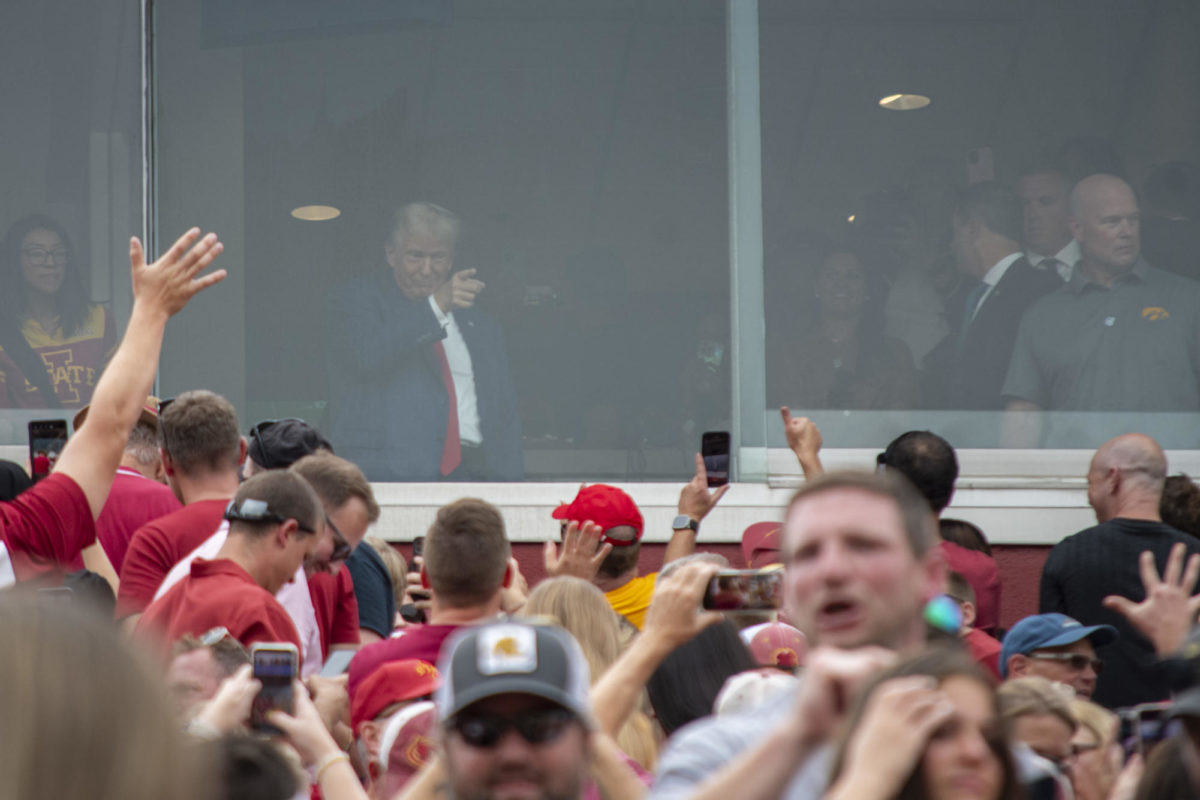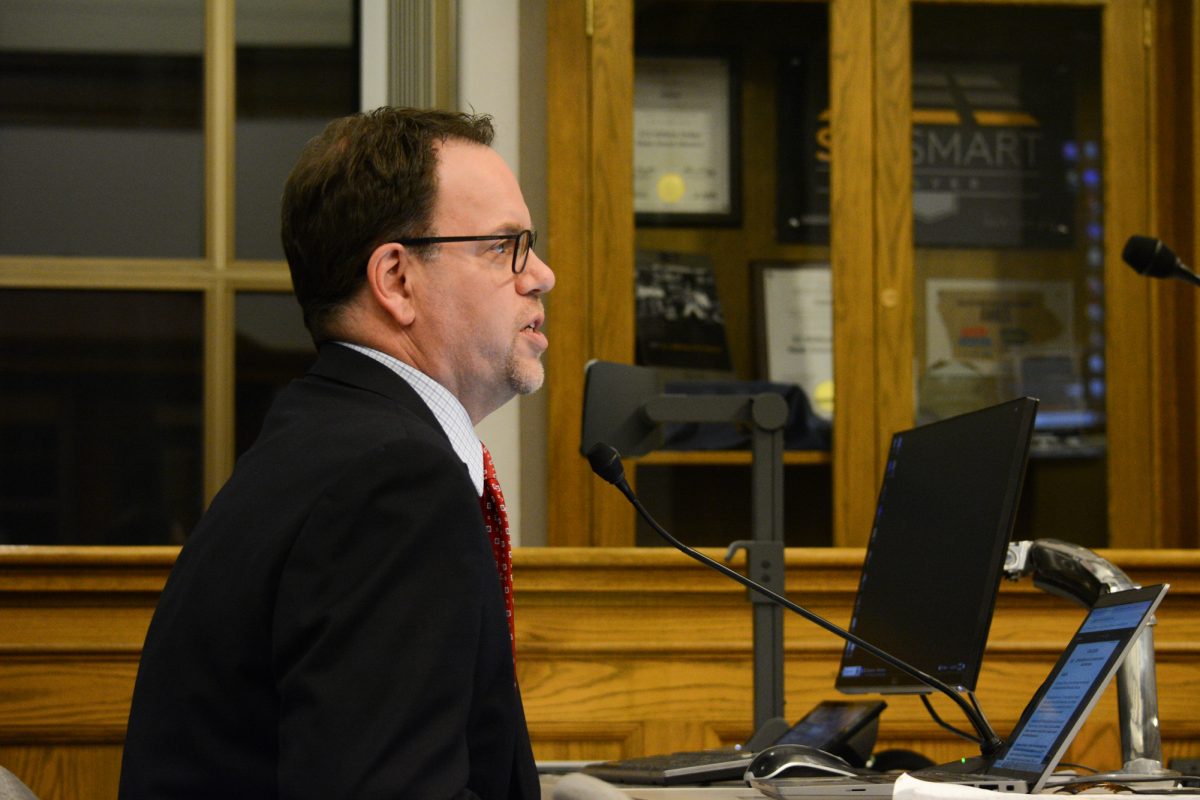Former President Donald Trump has continued to prevent former South Carolina Gov. Nikki Haley from winning any primary contests after he recently won New Hampshire, Nevada’s caucus and the U.S. Virgin Islands.
Projected Republican delegates from FiveThirtyEight:
Donald Trump – 63
Nikki Haley – 17
Ron DeSantis (dropped out Jan. 21) – 9
Vivek Ramaswamy (dropped out Jan. 15) – 3
A candidate must reach 1,215 delegates to win the Republican nomination and the next contests are in South Carolina on Feb. 24 and Michigan on Feb. 27.
Meanwhile, President Joe Biden has won every Democratic contest without a major opponent, including the unsanctioned New Hampshire Democratic primary, which he won with a write-in campaign.
According to the AP National Opinion Research Center at the University of Chicago, over half of the adults surveyed would be disappointed to have Trump or Biden as the frontrunner in their respective party.
New Hampshire
Trump and Biden both won the New Hampshire primaries, the second in the nation, following the Iowa Republican Caucus.
Trump won the Republican vote with 54.3%, compiling over 174,000 votes. Biden received 55.8% of the Democratic vote, totaling over 65,000, making it the most successful write-in voting campaign in history, according to the Associated Press.
The only major candidate running against Trump in the Republican party is Haley, who received 43.3% of the vote and has chosen to remain in the race despite her loss in New Hampshire on Tuesday.
“This race is far from over,” Haley said. “New Hampshire is the first in the nation; it is not last in the nation. There are dozens of states left to go and the next one is my sweet state, South Carolina.”
Following his victory, Trump gave a speech, which was thought to have indirectly addressed Haley’s loss, according to CBS News.
“She’s doing a speech like she won. She didn’t win, she lost,” Trump said.
This marks Trump’s second victory after winning the Iowa Republican Caucus at 51% of votes Jan. 15.
Former Republican candidate and entrepreneur Vivek Ramaswamy briefly took the stage to show support for Trump’s campaign.
In the Democratic party, Biden, Minnesota Rep. Dean Phillips and two-time candidate Marianne Williamson competed with Phillips placing second with 19.5% and Williamson receiving 4.6% of votes, according to the Associated Press. New Hampshire’s unsanctioned Democratic primary was a symbolic victory for the president as none of the candidates will be awarded any delegates.
South Carolina Democratic primary
Biden also won South Carolina after receiving 96.2%, or over 126,000, of the votes. He was followed by Williamson at 2.1% at Phillips at 1.7%, according to the Associated Press.
Biden currently has 91 pledged delegates, while other Democratic candidates have none.
Williamson dropped out of the Democratic race following the South Carolina primary. She urged her supporters to carry on her message in a video message Wednesday.
The South Carolina Republican caucus will take place Feb. 24.
Nevada primaries and Republican caucus
Nevada’s Republican party hosted both a primary and a caucus where Trump was absent on the primary ballot and Haley was absent on the caucus ballot. Delegates were only awarded in the Nevada caucus.
In the Republican caucus, Trump garnered 99.1% of votes, totaling over 59,000. Pastor Ryan Binkley received less than 0.1% of votes, according to the Associated Press.
In the Republican primary, Haley received fewer votes than the “none of these candidates” option, with that choice earning 63.4% of votes and Haley earning 30.4% of votes.
In the Democratic party, Biden saw another victory with 89.4% or 112,611 votes. Biden was followed by the “none of these candidates” options, earning 5.6% of votes, according to the Associated Press.
U.S. Virgin Islands Republican caucus
Trump won all four delegates from the U.S. Virgin Islands Republican caucus Thursday with 74% of the vote, followed by Haley at 26%. According to the U.S. Virgin Islands Republican Party, 246 people participated in the caucus.
Upcoming contests
- Feb. 24: South Carolina Republican primary
- Feb. 27: Michigan primaries
- March 2: Idaho, Michigan and Missouri Republican caucuses
- March 3: District of Columbia Republican primary
- March 4: North Dakota Republican caucus
- March 5: Fifteen primaries for both parties take place on Super Tuesday













